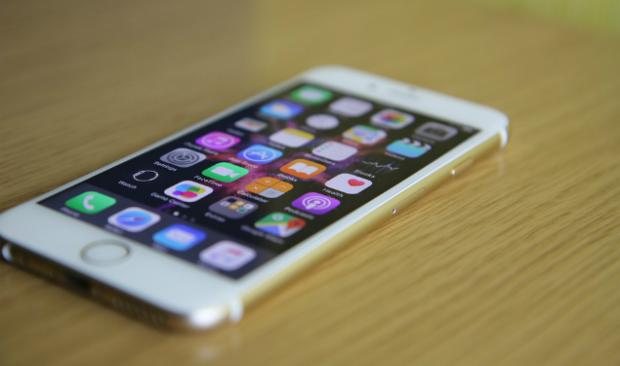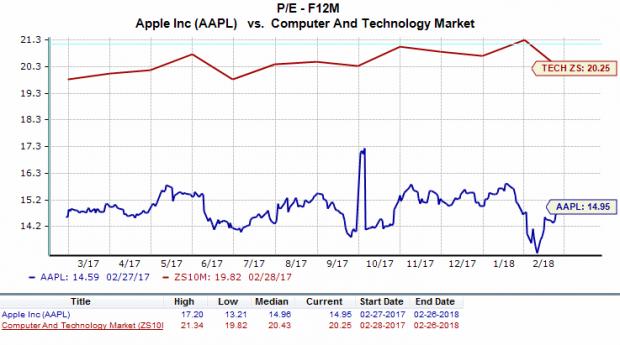Apple (AAPL – Free Report) reported lower-than-expected iPhone sales in its most recent quarter, and all signs point towards its special-edition iPhone X smartphone being less desired than investors originally hoped. To skeptics, this sluggishness foreshadows Apple’s decline from its leadership position in the tech sector.

But for others, Apple’s slightly-disappointing iPhone sales underscore a need for the market to shift its expectations of the company. The Cupertino, California-based behemoth is no longer a high-risk, high-reward tech stock that surges higher on the back of every new product announcement. Instead, AAPL should be viewed as a long-term investment in both the company itself, and the long-term health of the global consumer economy.
One sign that Apple’s status has changed recently is that legendary value investor Warren Buffett has become one of the stock’s biggest proponents over the past two years. Buffett is not known for his speculative nature, so the fact that the iPhone maker has quickly become Berkshire Hathaway’s (BRK.B) largest holding is proof enough for many that AAPL has evolved into a value stock.
But do the company’s actual valuation metrics support this sentiment? After all, Apple has been at the forefront of a multi-year tech rally that has caused plenty of investors to declare the sector a bubble. And value stocks are typically steady climbers, whereas Apple shares have soared roughly 90% over the past two years.
Nevertheless, a look at the company’s Forward P/E chart reveals some very interesting trends:

As we can see, Apple’s Forward P/E of 15 is significantly lower than the average of our “Computers and Technology” sector right now. Apple is also trading at a discount to the broader S&P 500, which currently holds an average P/E of about 17.5.
Apple is sporting a “B” grade for Value in our Style Scores system right now. On top of its attractive P/E, the stock has an impressive PEG ratio of 1.35. We also know that Apple is quite the cash cow, generating a staggering $11.33 in cash per share. Nevertheless, value investors might raise an eyebrow at AAPL’s relatively-high P/S ratio of 3.8.














Leave A Comment